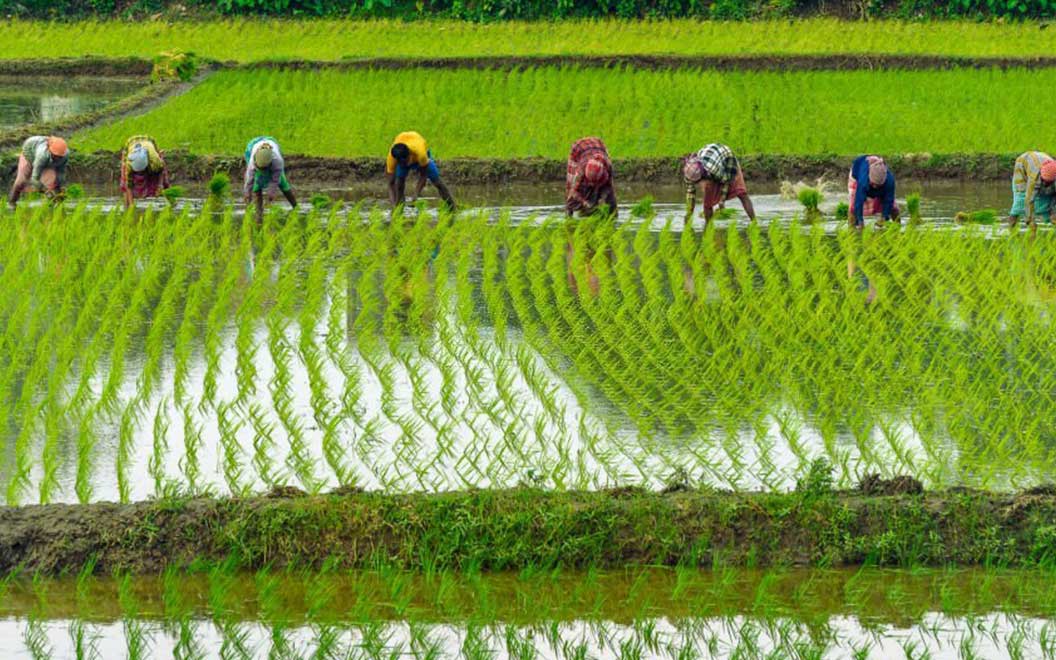The consuming public has not benefitted from this reduction in benchmark values because prices of products have not gone down as expected over the past two years since the inception of – Convener of the Rice Millers Association of the policy,” Ghana (RMAG).
Rice Millers Association of Ghana (RMAG) has expressed some concerns towards the ineffectiveness of the benchmark value reduction policy and is therefore calling for a turnaround of the policy from the “government, which enforces the mores to establish values of imports for duties at the country’s ports. This call was made via a speech copied to the Ghana News Agency, and signed by its Convener, Mr. Yaw Adu-Poku. In the statement, He said the Ghana Union of Traders Association (GUTA) in current weeks made a call for the maintenanfce of the benchmark discount policy by the government highlighting the feasible enhancement in the prices of imported supplies as their reason.
RMAG was of the view that the maintained policy which has been in existence for more than two years has resulted in negative effects in the Ghana rice industry such as the recent shutting down of most rice mills and also the laying off of workers. It, therefore, encouraged the victims to remain confident in the reversal of the policy to maintain key targeted sectors to create jobs to accomplish its plan for industrialization. The statement highlighted the lamentations of farmers in Ghana who have just diminutive or no subsidies for rice production. Meanwhile, farmers in the countries from which rice was imported have the delight of partaking in the support and subsidies in their production.
These negative effects are connected to an increase in the cost of local production at the same time as the imported substitutes enjoyed a 50 percent decrease in mores benchmark values resulting in imported® rice prices becoming lesser and rendering local alternatives mutually respectful on the market.
The statement said, “We believe that this policy is only beneficial to a select few traders particularly big importers of rice and other commodities, while the entire rice value chain in Ghana suffers. The consuming public has not benefitted from this reduction in benchmark values because prices of products have not gone down as expected over the past two years since the inception of the policy.” It further emphasized the negative impact by highlighting the fact that the rice value chain in Ghana provided income to an estimated 500,000 persons in households engaged in various activities in the value chain but the policy has made a lot of these people face difficult moments based on the harsh market conditions resulting from the policy.
“Whereas the government has set a target of making Ghana self-sufficient in rice production by 2022, major rice mills are shut down. The RMAG is a key player in helping the government achieve this target remains skeptical about Ghana’s prospects of achieving self-sufficiency in rice production. Till this day, 90 percent of rice brands are imported,” it added. RMAG is therefore calling on the government to review the policy in light of the lessons acquired overtime to save the local rice industry it revealed, “It is unfortunate that GUTA appears to be threatening government not to review the policy after two years of its implementation. The government has learned practically (after two years) that traffic to our ports have not increased as anticipated and prospects of increased revenue that was to be a result of the policy have remained elusive; this policy only enriches a few importers and not the general population of traders in Ghana as the GUTA seeks to portray.”


Comments are closed.